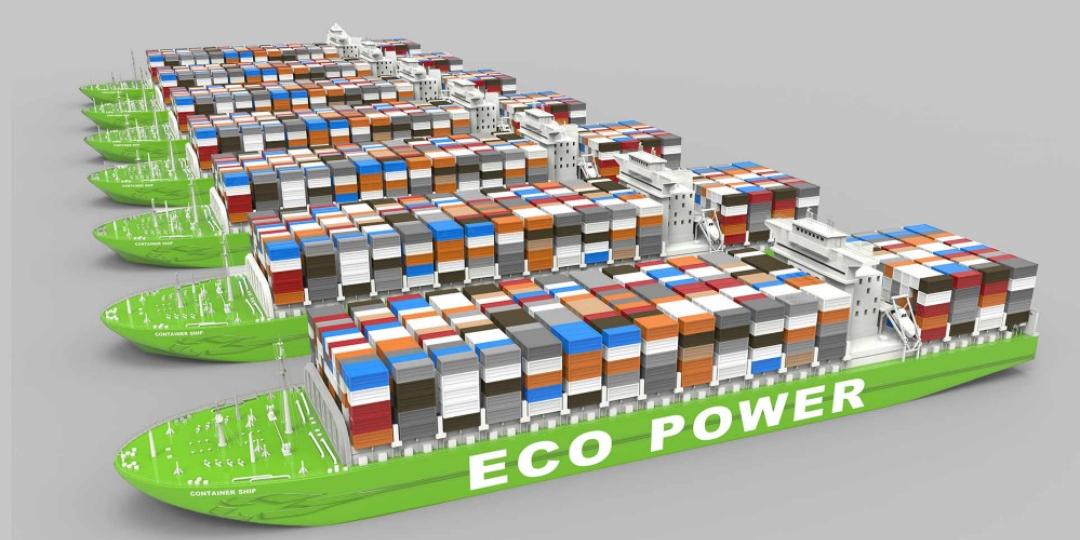Member countries of the International Group of Seven (G7) have announced a pledge to accelerate the transition to offshore energy and clean fuels in the transport sector.
The announcement was made at the G7 Energy and Environment Ministers’ meeting in Sapporo, Japan, which ended on Sunday.
In a 36-page communiqué, the ministers highlighted their countries’ climate and energy commitments in the hope of advancing a global green transformation.
The G7 countries – Canada, Germany, Italy, France, Japan, the UK, the US and the European Union – comprise about 40% of the global economy.
They account for 30% of energy demand and 25% of energy system CO2 emissions, making the G7 a vital platform to commit to reducing emissions by carbon-intensive energy-using sectors, like shipping.
In the communiqué, the ministers pledged to support the introduction of intermediate targets for 2030 and 2040 for the revised IMO (International Maritime Organisation) Greenhouse Gas (GHG) reduction strategy.
Changes in this regard will be discussed at the IMO’s 80th Session of the Marine Environment Protection Committee (MEPC 80) in July.
“As part of other multilateral cooperation, we pledge to support the establishment of at least 14 green shipping corridors involving G7 members by the middle of this decade to promote the uptake of zero and near-zero emission vessels.”
It includes fuel and the development of decarbonised ports, the communiqué said.
The G7 ministers raised the importance of significantly increasing the pace and scale of the transition to renewable energy sources across the globe.
The G7 has committed to growing renewable energy generation, specifically through a collective increase in offshore wind capacity of 150 gigawatts by 2030, based on individual countries’ existing targets.
However, the ministers raised concerns about the current rate of transition, highlighting the latest International Renewable Energy Agency’s (IRENA) data, which shows that the existing renewable power deployment rates globally are not enough to keep the 1.5°C target within reach.
To boost renewable energy projects, ministers agreed to promote improvement in technologies such as floating offshore wind power, wave energy, and to standardize evaluation methods for the use of new technologies.
“We will also ask IRENA to prepare an analysis on the innovation and sustainability of floating offshore wind. In addition, we will steadily improve energy system flexibility, including through mini-grids and modernized utilization of energy storage systems, including battery storage,” the ministers said. – Source: The Maritime Executive.













